
The Return (dir. Uberto Pasolini)
Certificate: 15
Running Time: 116 mins
UK Distributor: Modern Films
UK Release Date: 11 April 2025
WHO’S IN THE RETURN?
Ralph Fiennes, Juliette Binoche, Charlie Plummer, Tom Rhys Harries, Marwan Kenzari, Claudio Santamaria, Ayman Al Aboud, Amir Wilson, Francesco Bianchi, Nicolas Retrivi, Bruno Cassandra, Cosmi Desii, Ángela Molina, Stefano Santomauro
WHO’S BEHIND THE CAMERA?
Uberto Pasolini (director, writer, producer), Edward Bond and John Collee (writers), James Clayton, Paolo Del Brocco, Konstantinos Kontovrakis and Roberto Sessa (producers), Rachel Portman (composer), Marius Panduru (cinematographer), David Charap (editor)
WHAT’S IT ABOUT?
Odysseus (Fiennes) returns home to find his kingdom in danger…
WHAT ARE MY THOUGHTS ON THE RETURN?
If filmmaker Uberto Pasolini’s The Return feels like the final episode of a much longer series, that’s because it sort of is. Pasolini has taken the slightly odd approach of exclusively adapting the final section of Homer’s epic poem The Odyssey, skipping over everything fantastical in the story and right to the very end where the Greek King Odysseus, having gone to hell and back over what should have been a simple voyage home to his wife Penelope, at last gets what he’s wanted all this time. It’s like if Peter Jackson made an entire film out of the Scouring of the Shire chapter at the conclusion of Tolkien’s Lord of the Rings, but hadn’t adapted the rest of the story beforehand and just plopped viewers right into the action when our heroic hobbits, having gone on their own odyssey to Mount Doom, come back home to deal with this whole other nonsense.
But in the case of The Return, while the angle is intriguing, as it offers a much more reflective perspective of a story that’s largely known the world over – and will be even more so when Christopher Nolan drops his version next year – it also removes much of the engagement, making it a somewhat sluggish affair that struggles to get itself off the ground.
As mentioned, the film takes place right at the end of The Odyssey, which finds King Odysseus (Ralph Fiennes) suddenly washing up on the shores of his home on the island of Ithaca, having been absent for the past ten years after initially leaving to fight in the Trojan War. His prolonged absence has put immense pressure on Penelope (Juliette Binoche) to name and marry a new suitor, but her refusal to wed anyone who’s not her presumed-dead husband has led to fervent desperation among the island’s men, including her and Odysseus’s son Telemachus (Charlie Plummer) who’s grown up having never known his father. Odysseus, rendered both internally and externally unrecognisable from his experiences, is initially reluctant to face the family and kingdom he left behind, but is poised to regain his strength when a band of intimidating suitors, led by the more sophisticated Antinous (Marwan Kenzari), attempt to claim what they believe is rightfully theirs.
It is an uneven film of two halves, one that adopts a slow-burn pace to explore the inner demons of its troubled protagonist and the consequences of his actions, and another that’s more of a revenge action-thriller that you’d often find in any multiplex during the 80s or 90s. As either individually, The Return works fine enough, but when placed together they form a slightly off-balance whole that threatens to derail with the lightest push. This is because director Pasolini, also a co-writer with Edward Bond and John Collee, isn’t quite able to find a way to make both halves work in a way that feels organic to one another, with the pace often stopping and starting and stopping again before the viewer can get too invested in what’s going on, which as it turns out isn’t very much at all. You get the feeling that much of the film’s conflict could be resolved much sooner if certain characters had the capacity to just communicate with others rather than go on a slightly convoluted path to reclaim their position, which turns out to not really be necessary since most people are able to quickly figure out who this mysterious new stranger actually is, turning the narrative into a prolonged grind that takes the longer route to get to its inevitable conclusion.
That said, there are plenty of aspects in both halves that are done fairly well. In the much slower first half, there’s a stern focus on the lingering turmoil within Fiennes’s Odysseus and the kingdom he’s left behind, with the character merely hinting at the stuff he’s witnessed over the past decade in sturdy monologues where you can clearly see in his haunted eyes the toll it’s all taken on him, and it’s interesting seeing such a burnt-out version of this famously heroic character slowly (emphasis on “slowly”) finding the courage within him to become that hero once more. Elsewhere, you see just how ravenous his kingdom has become, with Binoche’s Penelope effectively held prisoner in her own castle while hordes of men scour the island looking for food and women to take advantage of, and there are some strong moments – captured within Marius Panduru’s pristine cinematography that occasionally gives an old-fashioned moviemaking vibe – that highlight the intensity which has grown in the King’s absence. Then, when it dips into all-out revenge movie territory, you get to see some real action-flick carnage, specifically within one extended scene involving a bow and arrow wherein Fiennes, ripped like Stallone or Schwarzenegger in their heyday, lays into enemies like he’s first in line at the buffet.
It’s the only part of the film when it truly comes alive, in a film that otherwise struggles to combine elements of an interesting take on the material into a wholly satisfying experience. Had it gone one way or the other, The Return might have been more engaging than it actually is, but in its current uneven form it’s a well-made and well-acted movie that frustratingly doesn’t take as many chances as it’s being offered. Even for those who know The Odyssey off by heart, it comes off as an overextended epilogue that features perhaps the least interesting parts of the actual story – ones that, hopefully, Christopher Nolan can transform into something much more fascinating on the screen.
SO, TO SUM UP…
The Return skips to the very end of Homer’s story of The Odyssey with mixed results, for while there are intriguing reflections on the larger story as well as some lively action, the film ultimately struggles to transform its slower-paced storytelling into a self-contained narrative that carries as much weight as the source material.





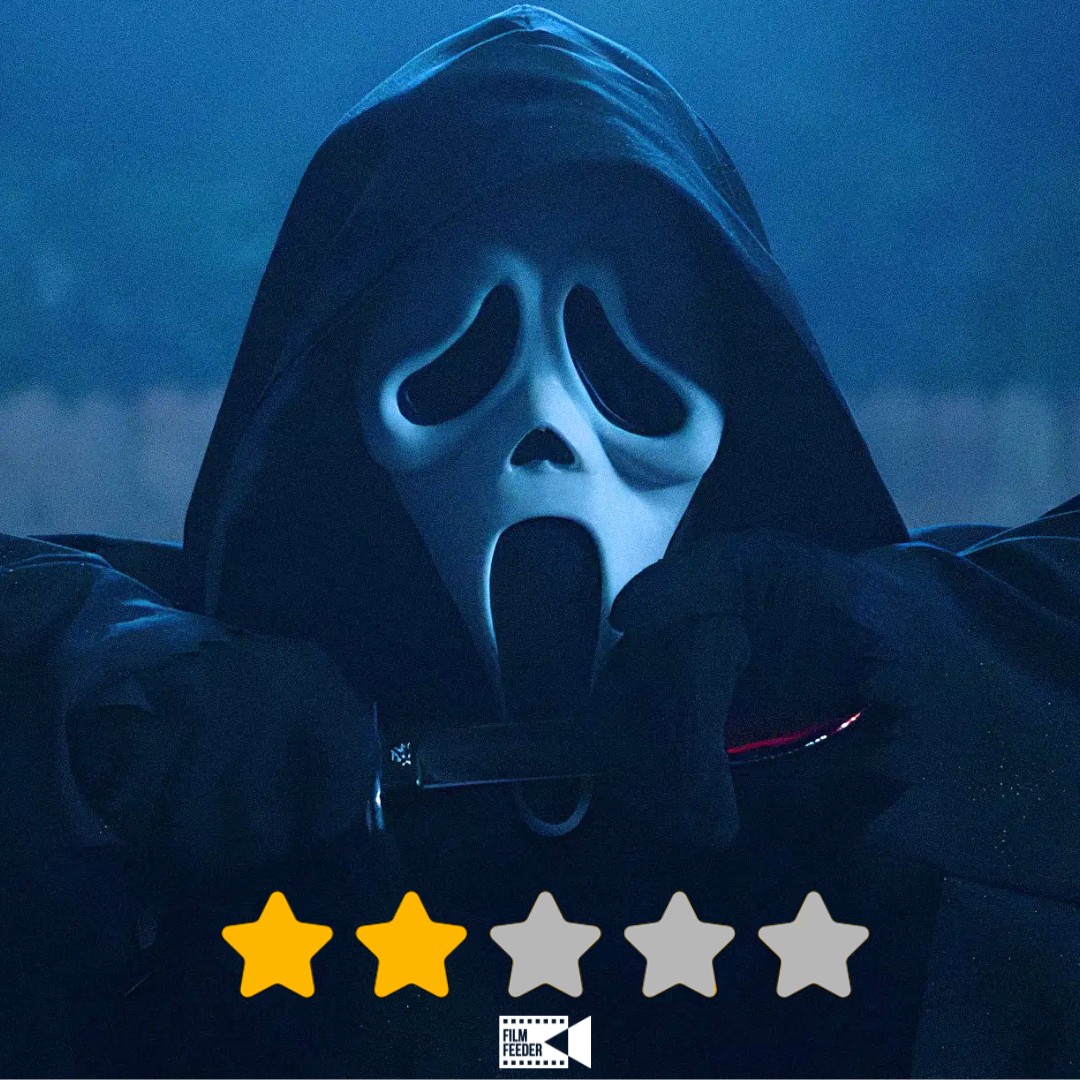
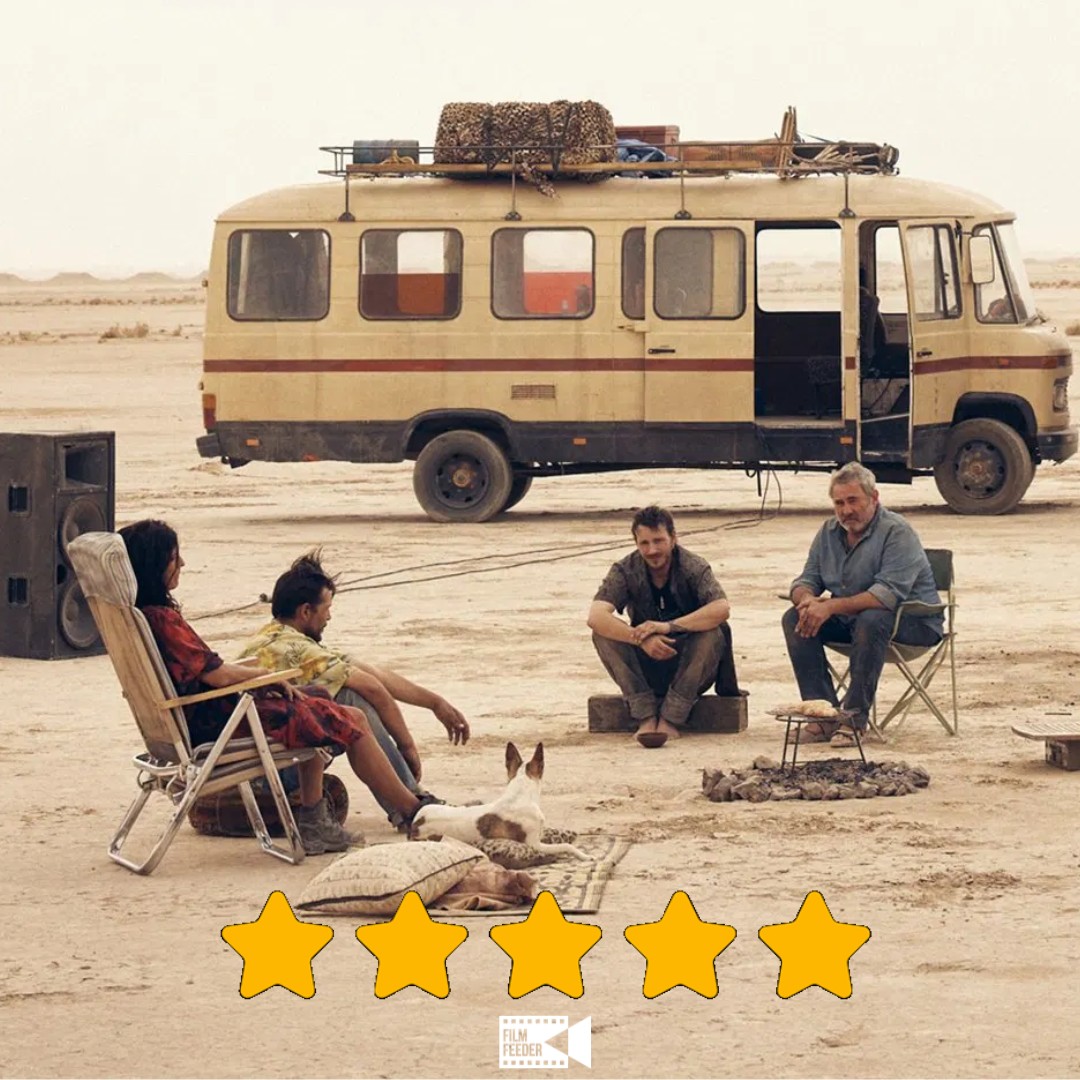
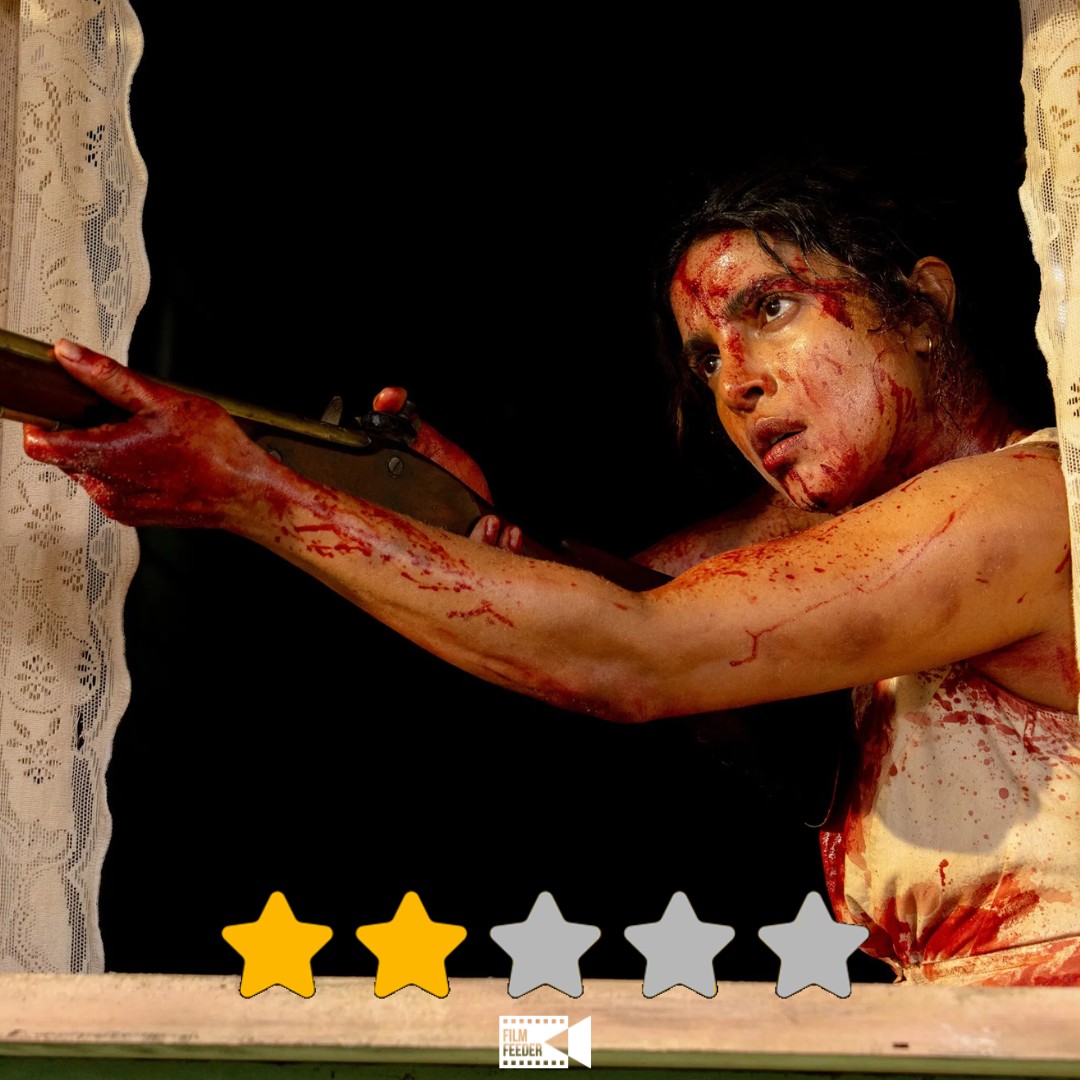
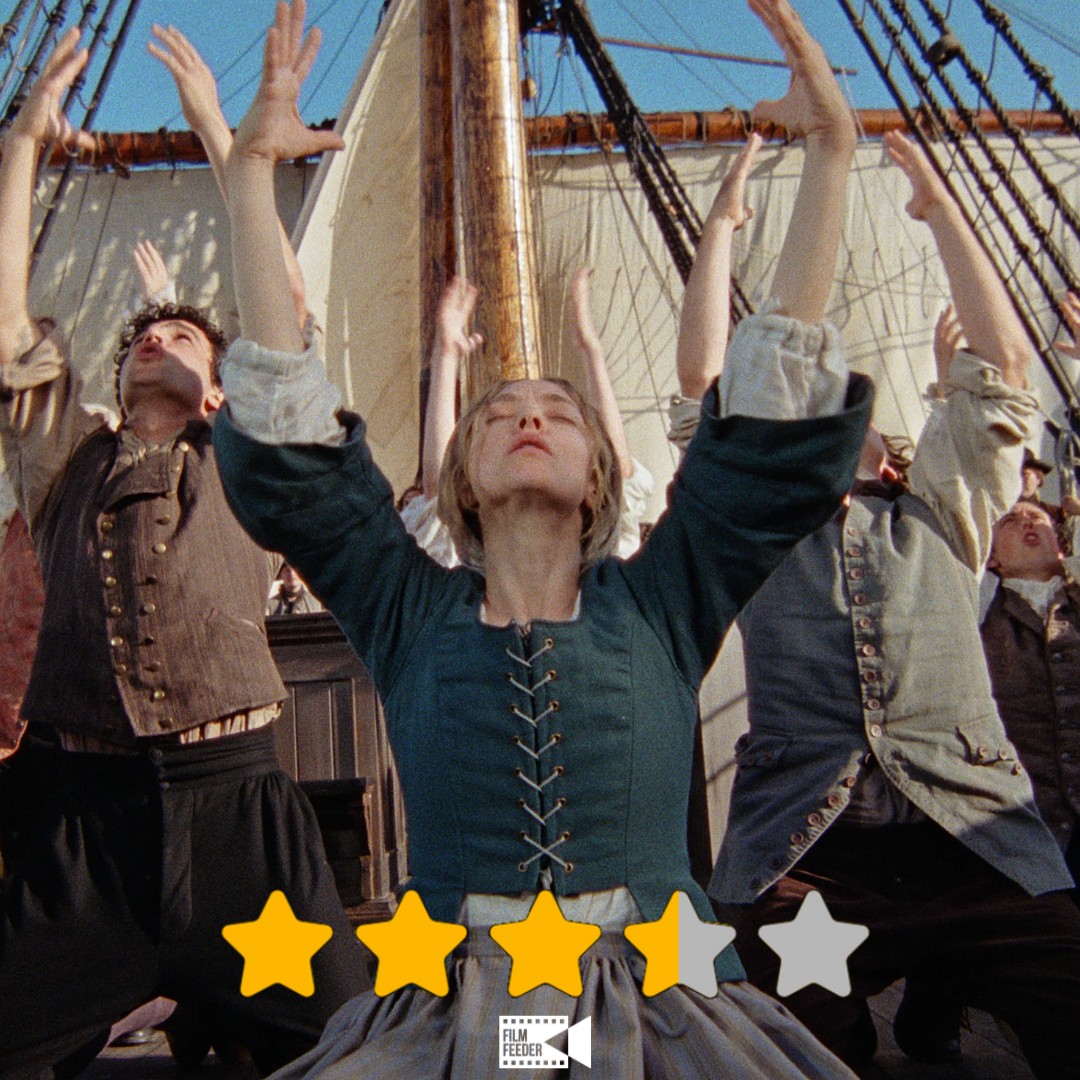
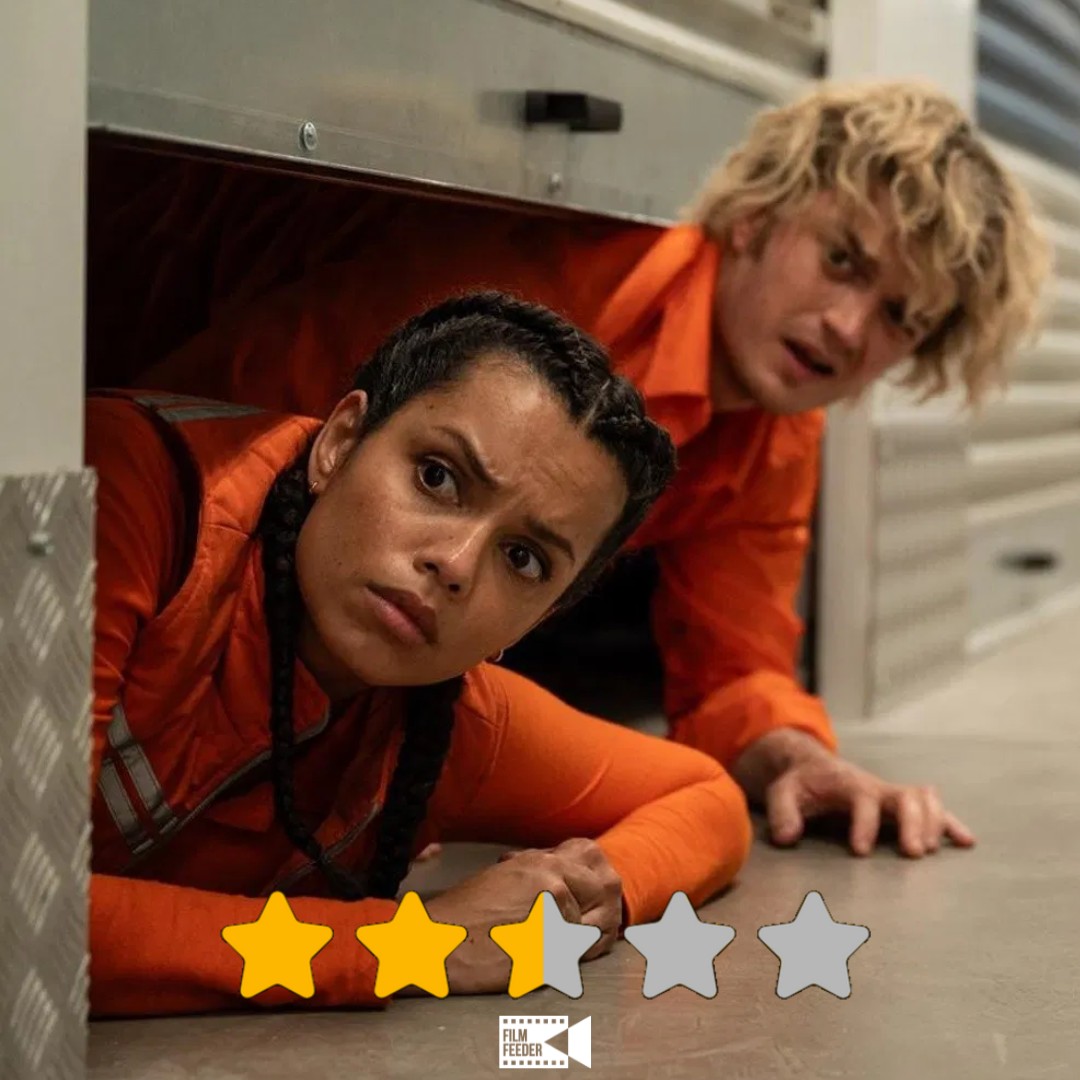
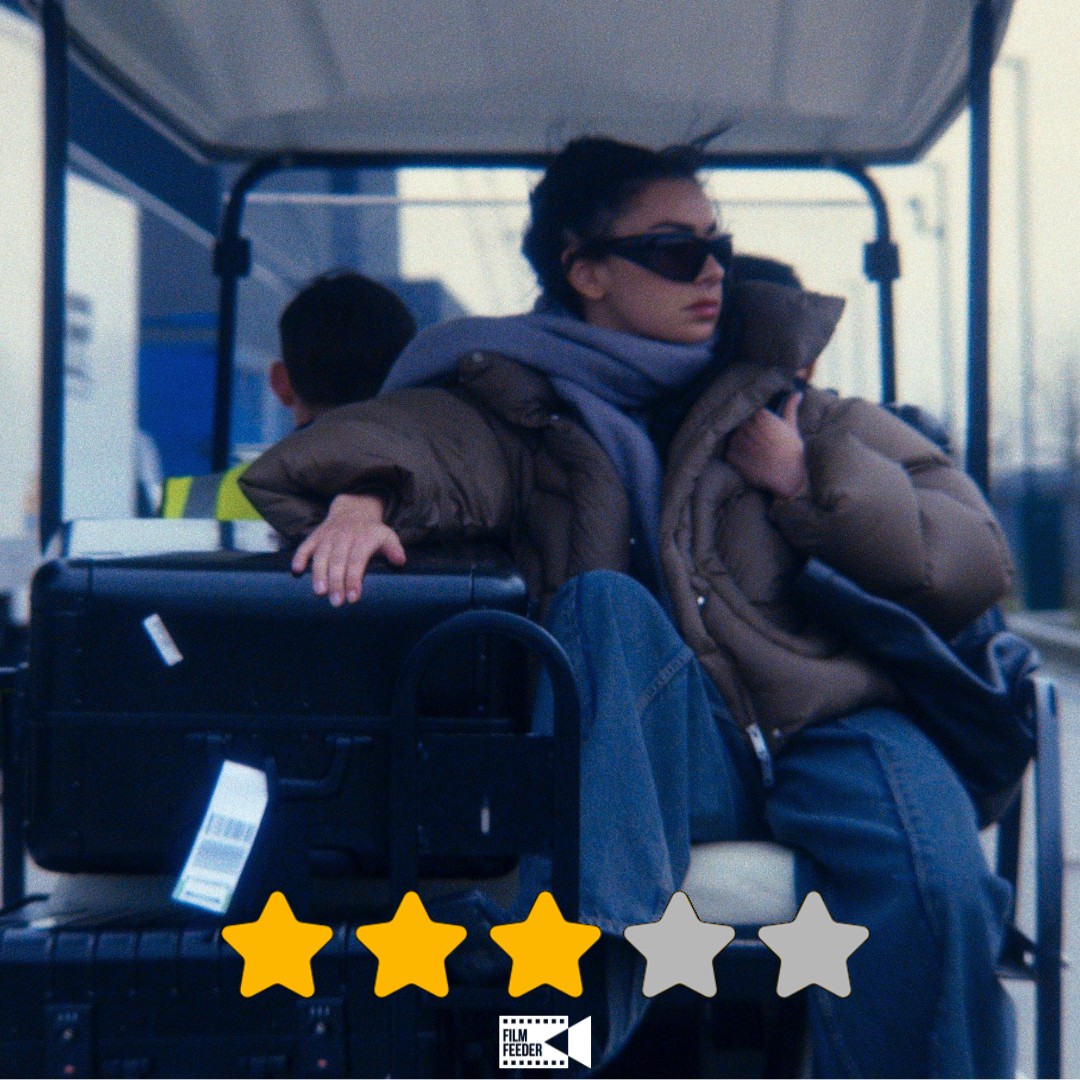
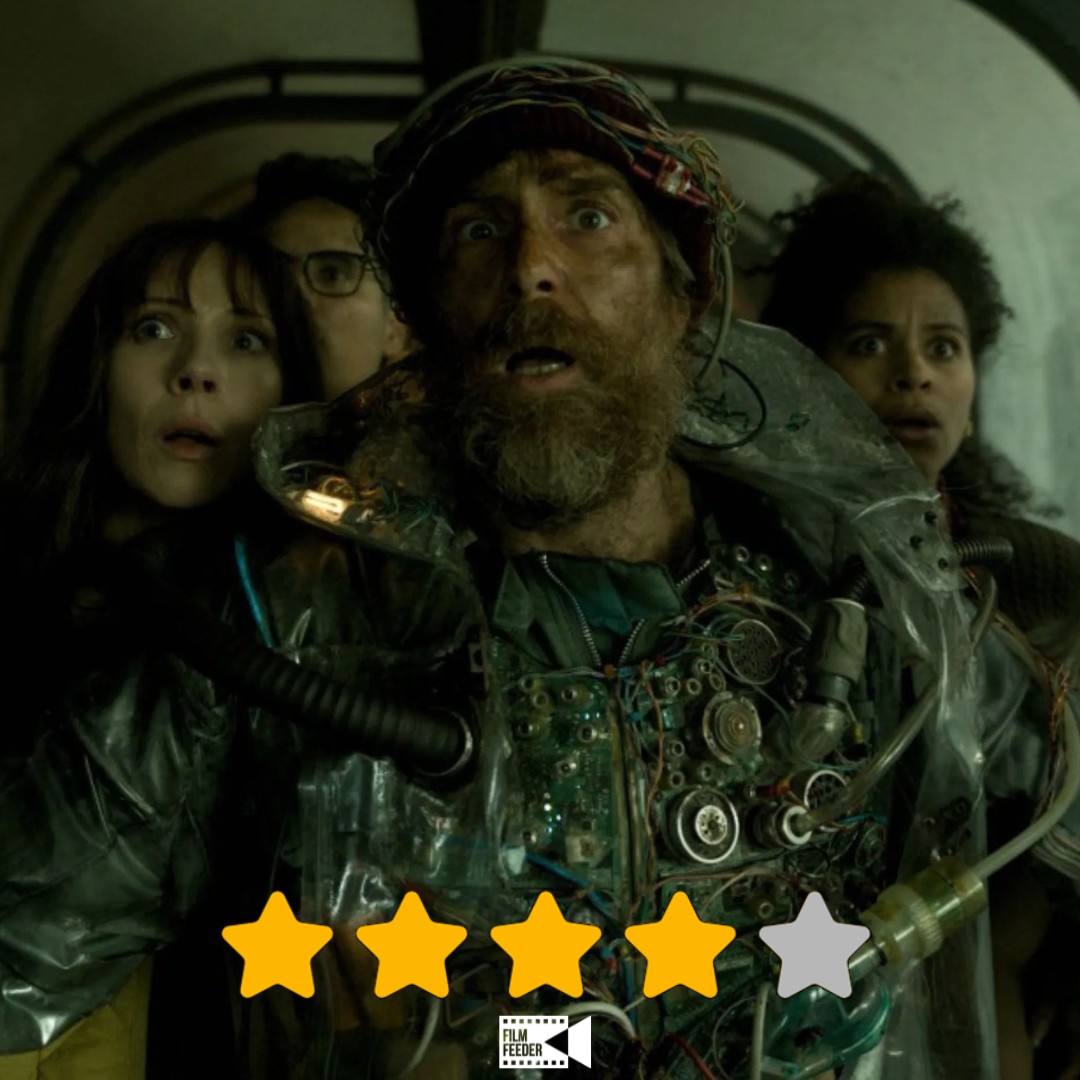
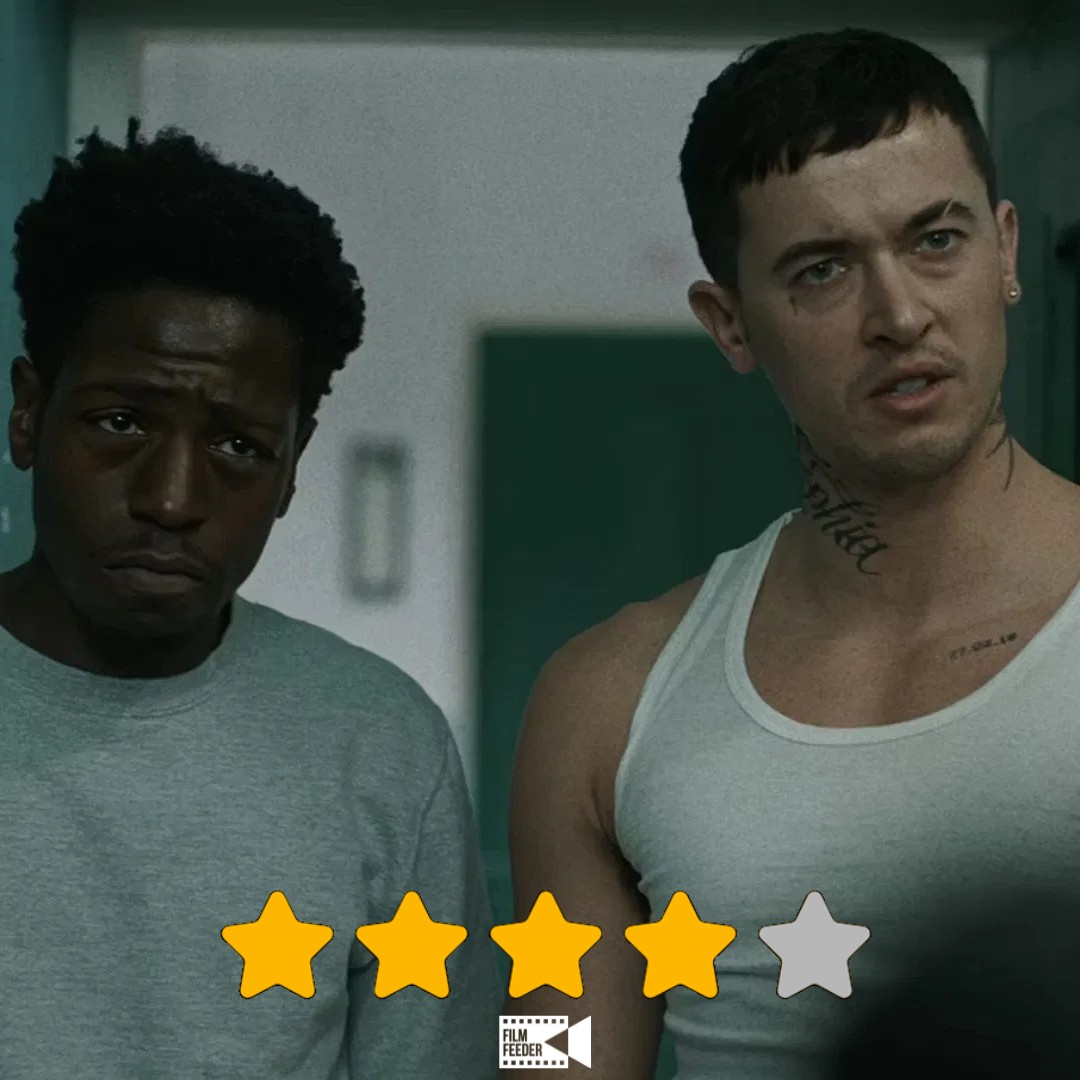
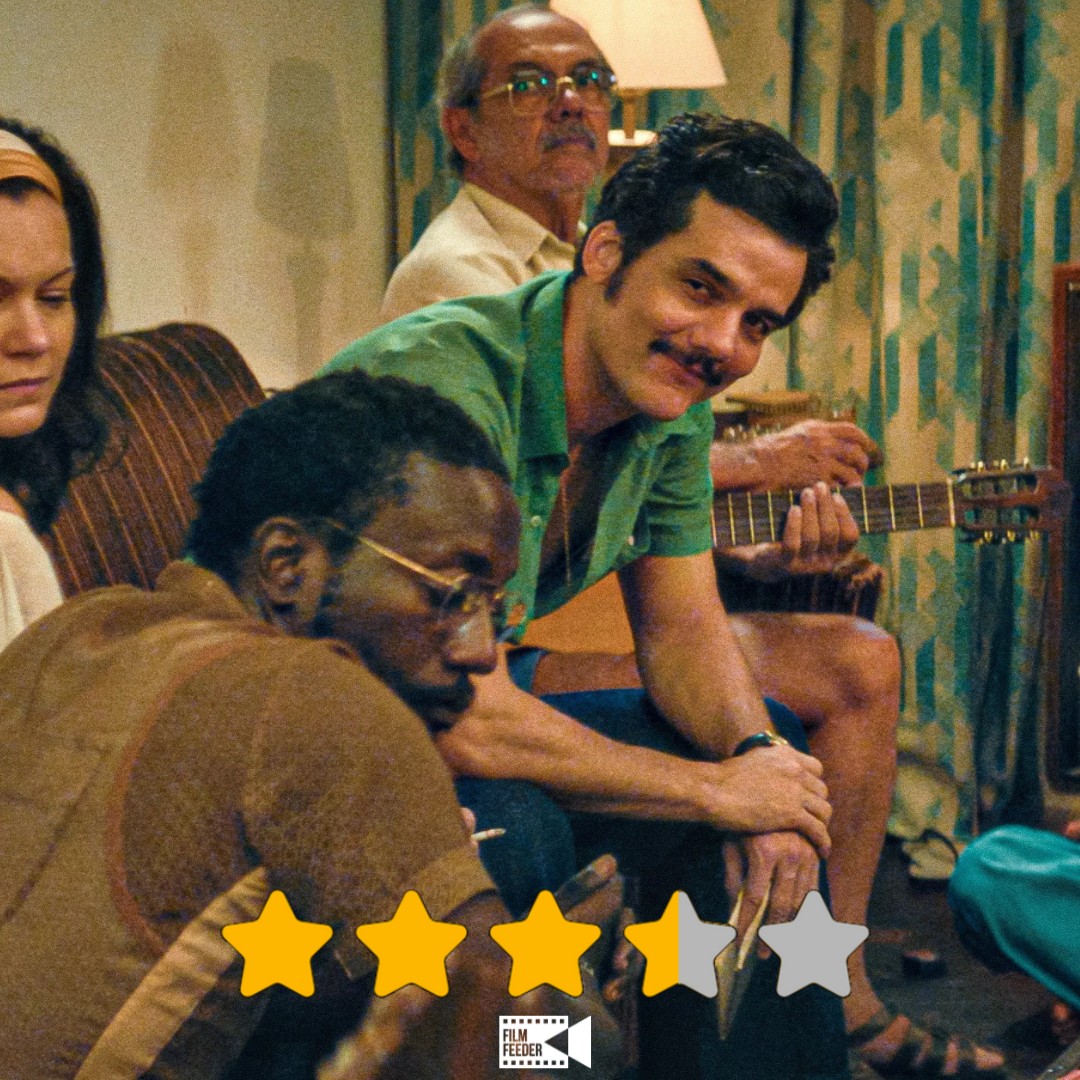
0 Comments